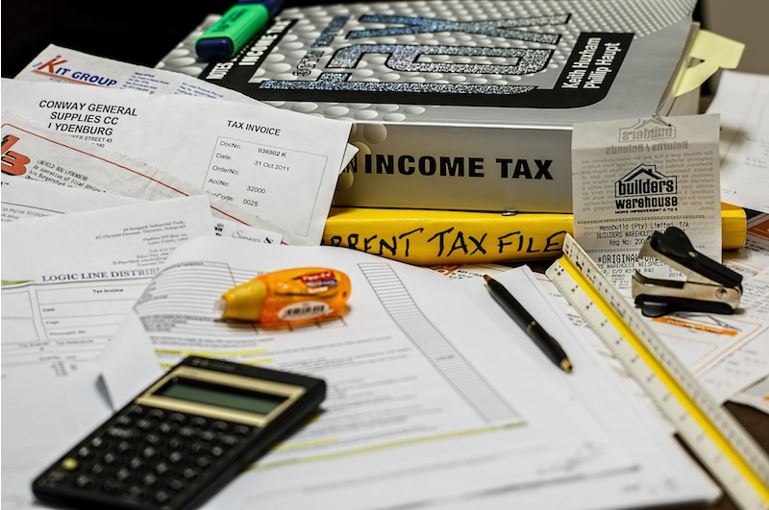 A recent study by the Federal Government shows that every year almost 60% of people seek help from a professional advisor for their tax preparation. This is because only a qualified professional can arrange the best strress-free result regarding the complicated matter of your income tax.
A recent study by the Federal Government shows that every year almost 60% of people seek help from a professional advisor for their tax preparation. This is because only a qualified professional can arrange the best strress-free result regarding the complicated matter of your income tax.
A professional tax specialist will help you by gathering information, and then showing you the right avenue to take.
Here, in this article, we are going highlight some of the tips your accountant should tell you about for a perfect tax preparation. Let’s have a look:
-
Gather your Income and Expense Information:
Your accountant will ask you to verify whether you have received all the information from your employers, other financial institutions, and vendors by the end of January. Make sure that this information matches your personal records. Organize your collected data in different files under the following headings:
- Personal Information – your name, which is covered by the return, social security number, date of birth, and primary bank information (optional).
- Income – income from jobs, investment, retirement distributions, business information with profit or loss statement, social security benefits, income from sales of property, and other miscellaneous incomes.
- Personal Expenses – business expenses, entertainment, travel, any emergency expenditure, medical expenses, property expenses, and credit card details.
- Business Information – type of job, number of employees and salary amount, business income, expense details, etc.
-
Managing tax deductions and credits:
An experienced Income Tax Preparer, hired from a reliable accounting company, knows the best way to obtain tax deductiosn. This, in turn, decreases you income tax bill. Your accountant will tell you what deductions you are entitlred to claim, and will also have the following documentation ready:
- Advance child tax credit payment.
- Childcare costs.
- Education expenses.
- Expenditure regarding adoption.
- Home mortgage interest and points you paid.
- Investment interest cost.
- Charitable donations.
- Unfortunate losses, including theft.
- Medical and dental expenditure.
-
Review Tax Filings of Previous Years:
Your advisor will always ask to collect a free yearly copy of your credit report. Generally, the difference in the report between previous years and the next are relatively slight. Take a close look at your previous tax returns, as some vital areas may easily get omitted, such as interest or dividends, capital loss carry-forward balances, and infrequently used deductions.
-
Documentation of taxes that you have paid:
With the help of your Income-tax advisor, prepare full documentation of already paid taxes like local income taxes, real estate taxes, etc. This will help make sure you don’t pay too much tax.
-
File as early as possible:
You can appeal for a filing extension to avoid a penalty if you think you will miss the deadline set by the tax authorities. Your accountant will help you gather information and make sure you have paid any pending tax amounts.
-
Prepare for Next Year’s Tax Filing:
As soon as you have paid all taxes due this year, prepare for the next year’s income tax payment. Beforehand, try to maintain the current year’s filing system. Store all of this year’s receipts and other information. You will then be in a better position to get things done next year before the deadline.
Conclusion:
For an easy hassle-free tax payment procedure, always seek help from a professional income tax advisor. You could also benefit by doing some research on your country’s tax system.

